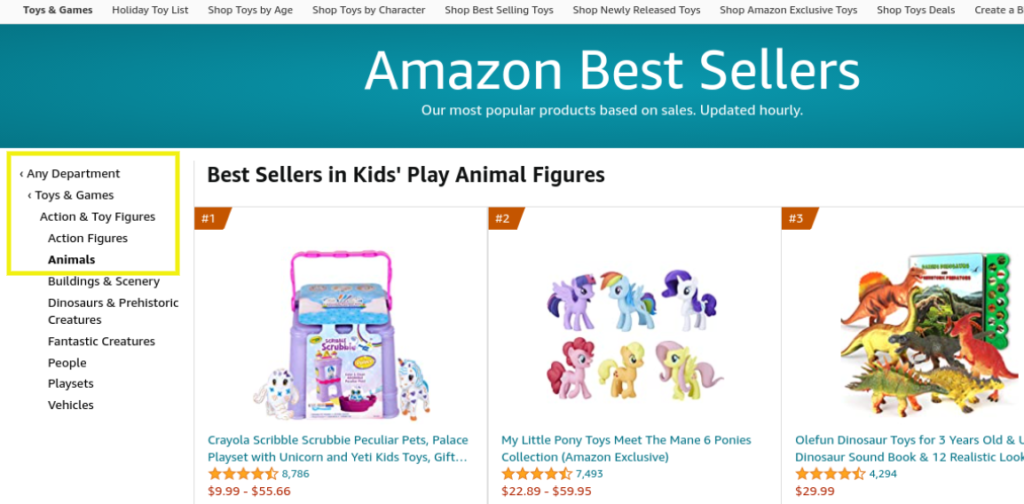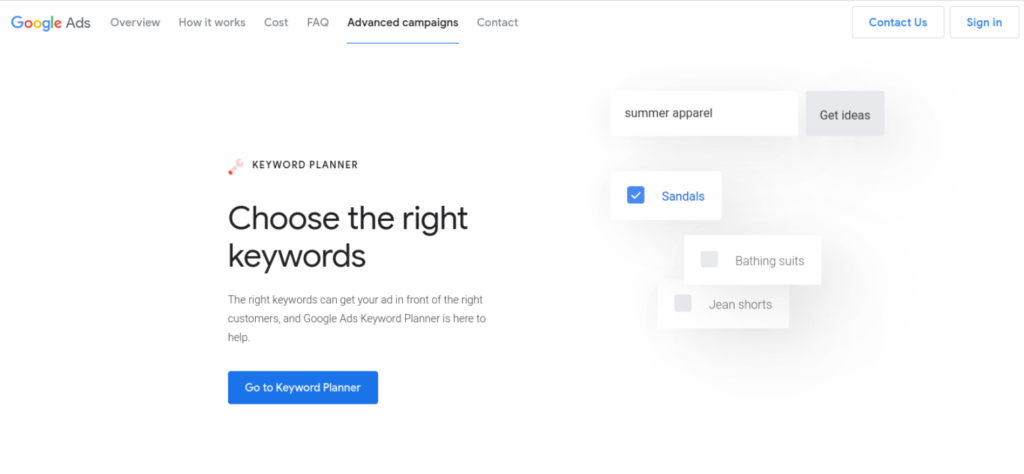When it comes to helping customers find your eCommerce store, you have a few strategies you can try, such as paid advertising. However, few methods are as cost-effective and powerful as Search Engine Optimization (SEO). Unfortunately, knowing where to start with SEO can be tricky.
The good news is that, once you learn the basics, optimizing your site will become a straightforward process. Moreover, there are different strategies that you can implement in order to help boost sales on your online store.
In this post, we’ll start by briefly discussing what SEO is and why it’s important for increasing sales. Then we’ll share three ways to take a more product-centric approach to SEO. Let’s get started!
An Introduction to SEO and Why It’s Important
SEO is the practice of improving both the quality and quantity of traffic to your website. However, unlike paid advertisements, this type of traffic is organic.
In a nutshell, this process helps ensure that your pages appear in the search engine results when consumers search for the type of products that you offer. In other words, it helps align their search terms with the keywords on your site.
Let’s say that you sell portable chargers for iPhones. If you want your website to come up on the first page of Google when users search for iPhone chargers, you’ll want to optimize your site content to rank for those relevant keywords.
However, it’s not just about optimizing your actual pages. There are steps that you can take to enhance all aspects of your site, from your images and navigation to your page titles and product descriptions.
Additionally, it isn’t just keywords that affect SEO. For example, providing a solid User Experience (UX) and facilitating User-Generated Content (UGC) can also help boost your rankings.
How to Increase Sales With Product-Based SEO (3 Ways)
Now that we know what SEO is and why it’s important, it’s time to look at how you can use it to boost your sales. Below are three methods you can use to take a more product-centric approach to SEO.
1. Encourage Your Customers to Leave Reviews
If you do a lot of online shopping yourself, you may already know that customer reviews come up in Google’s search engine results. In addition to improving your placing in the results, positive reviews can help persuade other consumers to make a purchase from your store.
Customer reviews work as a form of social proof and UGC. Seeing a lot of solid feedback from real people can help other users form a favorable impression of your business. Positive reviews can increase trust and credibility, and may ultimately lead to more conversions.
There are a few tactics you can use to encourage more reviews from your customers. First, you can try to make it easy for them to leave feedback. For example, you could use a plugin such as Site Reviews to enable reviews directly on your website.
We also recommend signing up for Google My Business:

Reviews and ratings submitted through Google will show up on your business profile in Google Maps. This can be especially helpful if you have a brick-and-mortar location.
Another way to help encourage reviews is to offer your customers an incentive for leaving one. For example, you could offer a discount or coupon for free shipping.
2. Improve Your Site Navigation With Breadcrumbs
Your website navigation affects both your UX and SEO. It’s important to make sure that shoppers and search engine bots can correctly understand what each page is about, as well as crawl your content with ease.
Therefore, another way you can help increase sales through product-based SEO is to improve your site navigation with breadcrumbs. Put simply, this is a way of letting your users track their movement throughout your store.
For example, you can use a link hierarchy for your product categories and subcategories:

Adding breadcrumbs to your pages enables shoppers to easily return to their starting points. Google Search Central offers more detailed guidance on how you can create a breadcrumb trail.
3. Use Keywords Strategically in Your Descriptions
Keywords are an essential part of SEO. Therefore, it’s important to be strategic about their placement.
To get started, it’s smart to conduct thorough keyword research in order to figure out which short and longtail keywords you want to target. To do so, you can use a tool such as Google Keyword Planner:

Once you have a list of relevant keywords you want to target, you can begin incorporating them into your product pages. For instance, you can use them in your image tags, page titles, and product descriptions.
However, you’ll want to avoid keyword stuffing. Inserting a large number of keywords within the same page can result in a penalty from Google.
It’s also wise to make your product descriptions as detailed as possible. In addition to helping customers, this will give you more opportunities to work in variations of your keywords.
Conclusion
If you want your online store to rank well in the search engine results, it’s vital to make SEO a priority. However, when you’re first starting out, learning how to optimize your pages can be a little challenging.
In this post, we discussed three simple ways you can increase sales using product-based SEO:
- Encourage your customers to leave reviews.
- Improve your site navigation with breadcrumbs.
- Use keywords strategically in your product descriptions.
Do you have any questions about increasing sales with product-based SEO? Let us know in the comments section below!

1 Comment